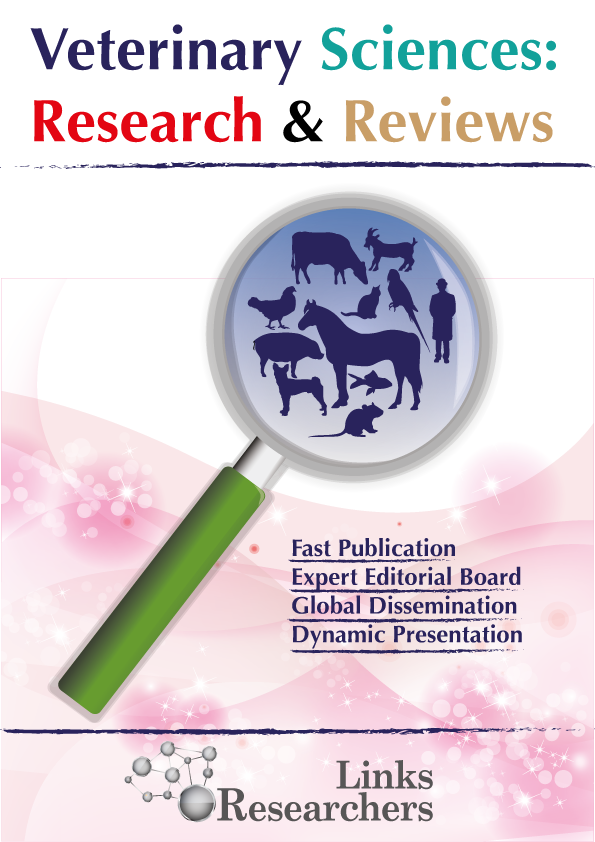Efficacy of Yeast in Ameliorating Deleterious Effects of Coccidiosis in Sonali Chicken
Efficacy of Yeast in Ameliorating Deleterious Effects of Coccidiosis in Sonali Chicken
Md. Ariful Alam1, Mst. Misrat Masuma Parvez1, Md. Salauddin2*, Rakibul Islam1 and Md. Bazlar Rashid1
ABSTRACT
This study aims at investigating the anticoccidial effect of yeast in sonali chicken based on possible ones on hematological parameters and histopathological changes. Sixty (60) sonali chickens of twenty-three days old were randomly divided into five groups and each group contained 12 chickens. All groups were supplied E. tenella orally except the T0 group and after 3 days T2 and T3 group was treated with yeast 1g/kg and 1.5g/kg feed for 14 days and T4 groups were treated with amprium-vet Powder (amprolium hydrochloride 20%) at a dose rate of 1g per 3 liters of drinking water for 7 days. Results showed that the body weight of T0, T1, T2 T3, and T4 group at 30 days of post-infection were 627.96 ± 1.82, 585.52 ± 2.76, 595.66 ± 2.76, 743.17 ± 3.55, 734.88 ± 2.36 gm respectively which is statistically significant (P<0.01) and highest body weight gain was recorded from T3 group treated with yeast 1.5g/kg feed. In the case of hematological parameters, the values of Hb and TLC were statistically highly significant (P>0.01) at 10 days and 30 days of post-infection. Total White Blood Cell (WBC) number was increased and Hb level was decreased in 10 days post-infection in all infected groups. Whereas the Total White Blood Cell number (WBC) was decreased and Hb level was increased in 30 days post-infection in all treated groups. Histopathological examinations were also performed which clearly indicated that T2, T3, and T4 groups showed fewer abnormal lesions whereas T3 showed significantly better lesions than others. Yeast showed good anticoccidial effects and can be used to explore novel therapy against coccidiosis.
To share on other social networks, click on any share button. What are these?





